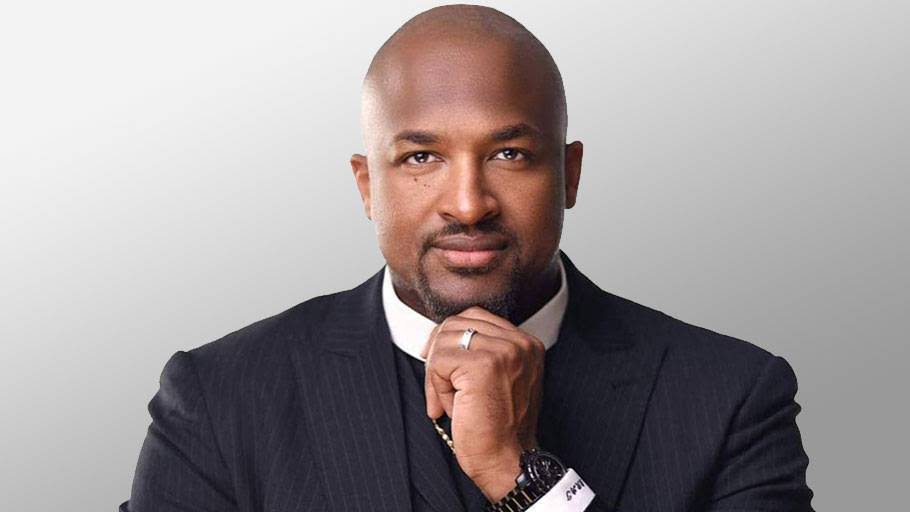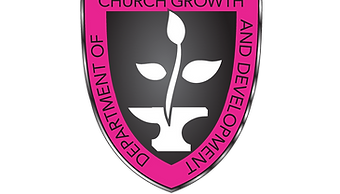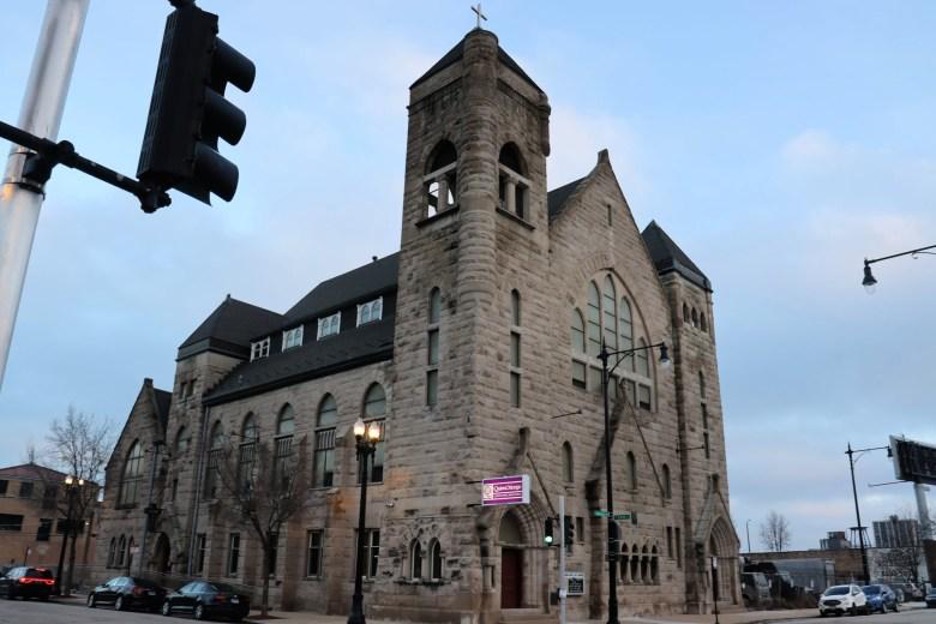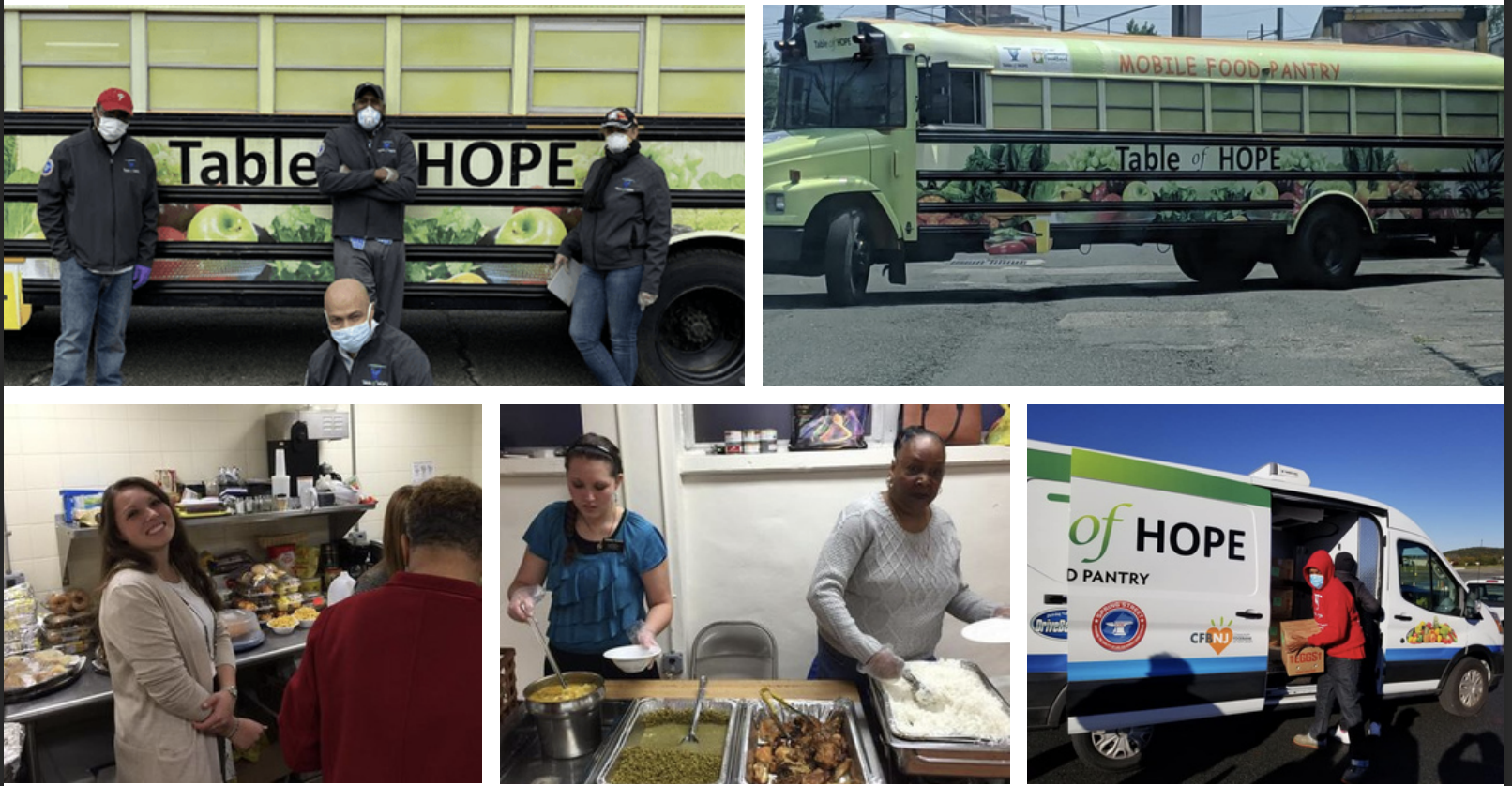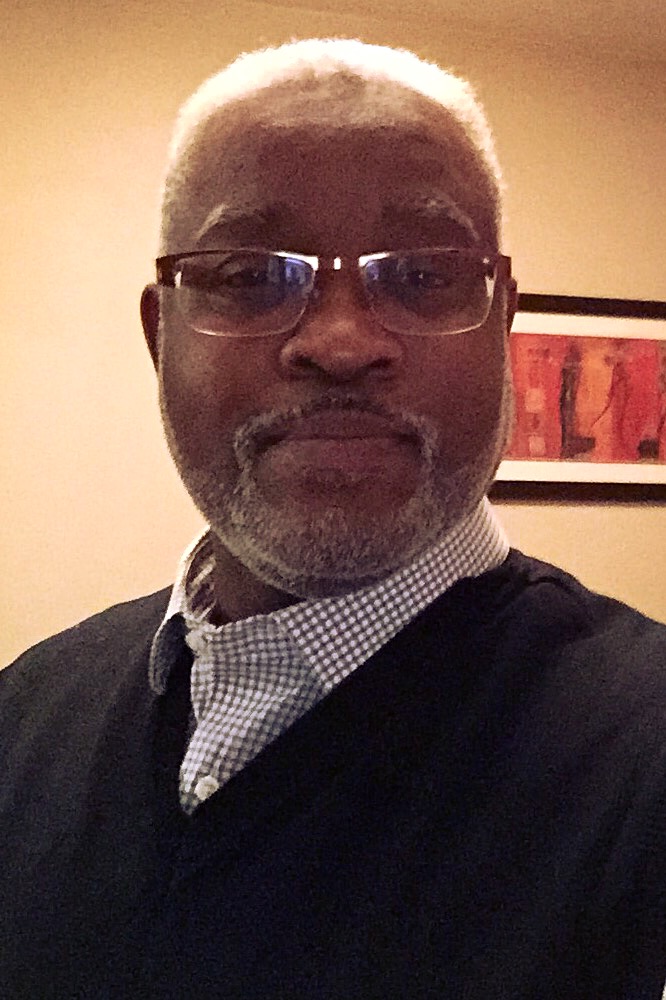“There’s no issue more important for Black people than reparations for the exploitation of our labor, because we’re still harvesting the fruits of that wicked tree”
In May of 2021, Chief Editor John Thomas III sat down with Pastor Robert Turner for a TCR Dialogue on reparations for Black Americans. At the time, Rev. Turner was advocating for reparations specifically related to the 16hr race massacre of 1921. He began attending and advocating in city hall meetings every week, but has since moved the fight to Baltimore, Md where he recently took a 40mile walk from Baltimore to the White House- a campaign he is calling “40miles for 40 acres”.
The “40 acres” referenced in his campaign title refers to the “40 acres and a mule” promise made to formerly enslaved persons. When asked what that promise looks like now, Turner says that the year 1526-1865 is centuries of unpaid labor that “amounts to $14 trillion today. And this is before we make account of Black codes, Jim Crow, and the terrors that didn’t just deprive us of wages, but gave us an inferior sense of self”. Apart from cash payouts, he believes that fully-funded social safety nets for Black institutions and Black communities should be part of the reparations package. The cash payout is just one, most obvious form of compensation, but Rev. Turner is working on a book that offers 100+ ways to give reparations. The book should be released in 2023.
Though the 2020 presidential election campaign popularized the political push for reparations for Black Americans during what appeared to be heightening racial polarization, for those who understand the history of race relations in America, reparations has been a “hot topic” since the signing of the emancipation proclamation and subsequent shift from chattel slavery as it was practiced at that time. Rev. Turner says that he began advocating for reparations in 2002. Having taken a college course where he learned about the Middle passage, slavery, and the conditions of Black life post-slaver, he realized that “no one has been brought to trial and no one has received compensation” for years of political, social, and economic subjugation. Furthermore, reparations isn’t a concept without precedence. Former slave owners received reparations for loss of property, holocost victims, victims of Japanese internment camps, and indigenous people have all received or continue to receive reparations from the US government. This undeniable truth led Turner “from the classroom to the streets” to demand what has already been made available to other marginalized, yet deserving groups.
Rev. Turner has noted his struggle as primarily “a spiritual journey, even with its political implications that require momentum”.So, while there are several organizations across the country who are organizing around the issue, Rev. Turner is primarily working independently. He hopes that more citizens will offer their support to House Bill HR40, representatives Sheila Jackson Lee, Jim Bowman, and Corey Booker.
The 40 miles for 40 acres trek will take place every month, with the next journey taking place November 11th. A few members of Empowerment Temple walked a portion of the way with him and/or drove behind him in their own vehicles during the last march on October 15th, but the momentum is growing. He expects to have more participants on Veteran’s Day as he continues to “walk for God, for the ancestors and those who haven’t gotten what they deserve to receive”. Apart from your prayers, Rev. Turner invites all who wish to join in the struggle to petition your elected officials by emailing legislators, senators, and the president. In addition, “local pastors and churches are welcomed to march with us or meet us at some of the checkpoints if you’re unable to walk the whole way”.

